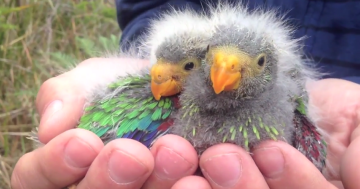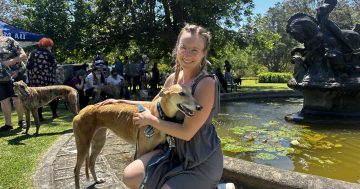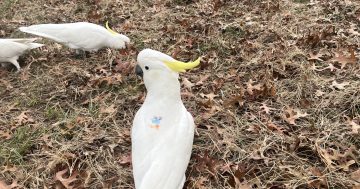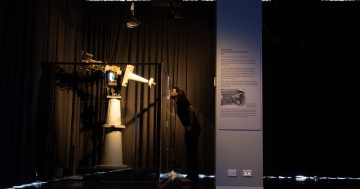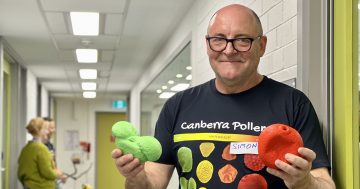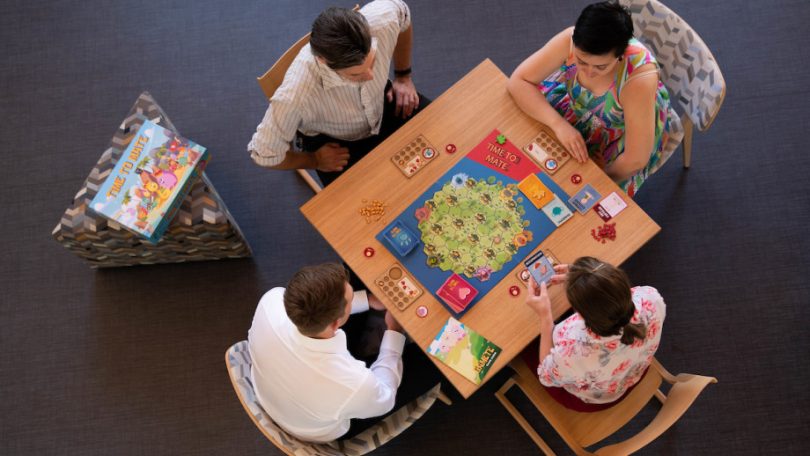
The co-creator of a new animal dating game says it creates some `interesting discussions’ around the table. Photo: Tracey Nearmy, ANU.
Dating has often been described as a game. Certain strategies give a competitor the edge over another.
It’s doubly true in the animal kingdom.
Just ask PhD scholar Ivan Vinogradov who was studying biology at the Australian National University (ANU) when he took an interest in how animals employed a host of tactics each spring to snag a mate.
These diverse dating methods have now given rise to a new board game.
“Biology has a lot of interesting concepts and in some ways is a lot like a game – there are certain strategies you can use to get an advantage,” Ivan says.
“For example, you can deceive your competitors, or you can cooperate with them. My colleague and I thought it might be possible to incorporate all of this into a board game.”
Ivan and his Singapore-based associate spent three years developing ‘Time to Mate’, a game all about how animals choose their mates in the wild.
They hope it’ll double as a learning tool to demonstrate some of the strategies used by animals to select their partners.
“The game has a traditional board where players move around, but there is no dice because we wanted to make it quite competitive and strategic rather than based on luck,” Ivan says.
“To win you need to collect the most DNA points.”
As players move around the board, they can choose to improve one of two biological traits – reproduction or survival.
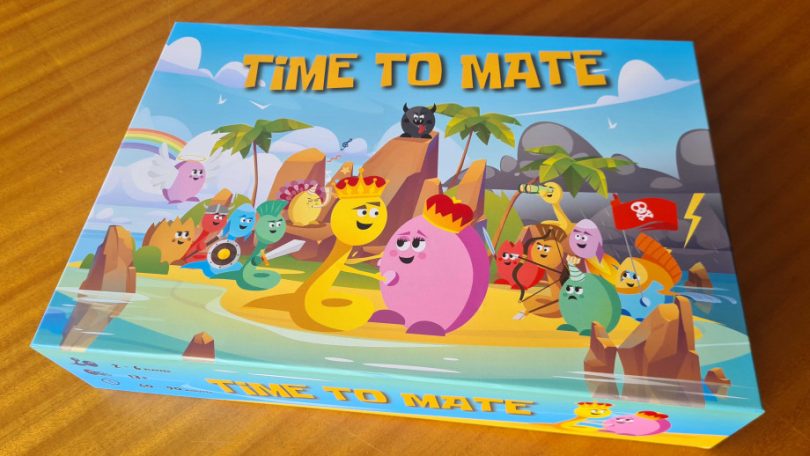
Ready to play the `Time to Mate’ board game? Photo: ANU.
“It’s a trade-off. If you don’t invest in survival, you might not live long enough to find a partner. But if you only invest in survival, you won’t get that much benefit when you do find one,” Ivan says.
“The reaction has been quite positive. We’ve found it’s generated some interesting discussions across the table whenever we’ve played.
“The biology students enjoy it in their own way, and everyone else finds it hilarious. I think it’s the first time I’ve seen so many rolling around on the floor laughing.”
He says the game’s concepts are relevant to their biological work.
“We didn’t want to focus on any specific animals, so you don’t play as monkeys or butterflies. We came up with our own characters called `Mates’ who resemble reproductive cells.
“The female characters have to skip a turn to give birth, so are absent from the mating pool for a while. That’s the only difference biologically in the game, but it sets a chain of events in motion.”
A kick-starter campaign for the game will run until Thursday, 3 March to allow people to pre-order ‘Time to Mate’. If successful, Ivan hopes about 1000 games will be produced and distributed by the end of the year.












